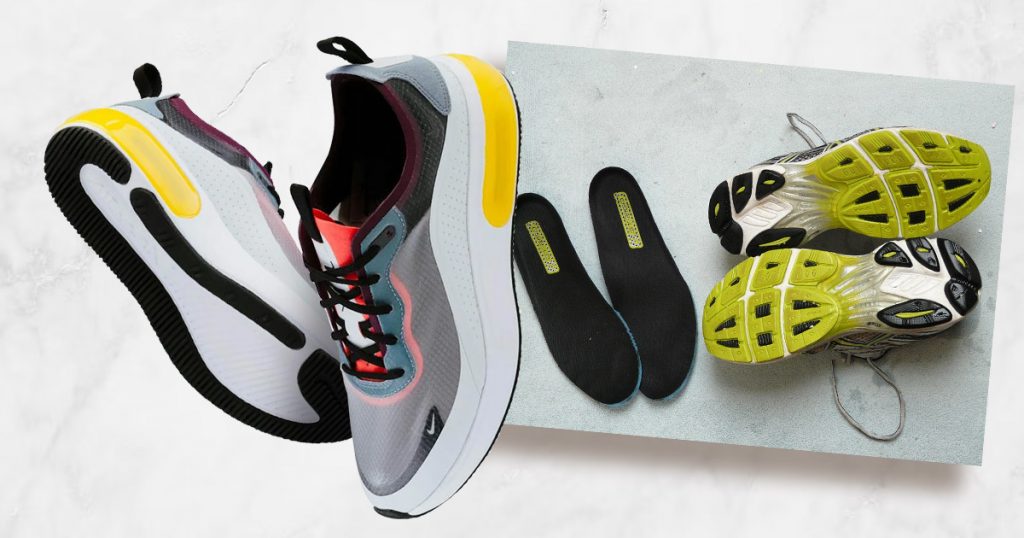Foot pain can make daily activities uncomfortable. If you deal with foot conditions, you might benefit from orthopedic shoes or orthotics. These items help reduce pain, support your posture, and improve how you walk. But they often cost more than regular shoes. That’s why many people ask if they are FSA or HSA eligible.
Difference Between Orthopedic Shoes and Orthotics
Orthopedic shoes are designed to support feet affected by medical conditions or deformities. Orthotics are inserts that go inside your shoes to improve alignment and reduce pain.
Orthopedic shoes often come with built-in support, while orthotics can be added to most types of footwear. Both work together to help manage foot problems and keep you moving comfortably.
Are Orthopedic Shoes FSA Eligible?
Yes, orthopedic shoes are FSA-eligible, but only if they’re medically necessary. You’ll need a Letter of Medical Necessity (LMN) from your doctor. This document should confirm:
- Your medical condition
- The need for orthopedic shoes
- How the shoes support your treatment
FSA plans generally don’t reimburse the full cost. Only the portion that exceeds the price of regular shoes qualifies. So if regular shoes cost $80 and orthopedic shoes cost $180, only $100 may be reimbursed.
Make sure to save your receipt and LMN. You’ll need both to get reimbursed through your FSA provider.
Are Orthotics FSA Eligible?
Yes, orthotics are also FSA-eligible. In fact, FSA orthotics may even qualify without a letter if they are for medical use. However, custom orthotics often require a prescription.
Over-the-counter orthotics may be covered if they help manage pain from a medical condition. It’s still a good idea to ask your provider or check your FSA plan’s list of eligible items.
Keep in mind, orthotics used just for comfort or performance (like for running) don’t usually qualify.
Are Orthopedic Shoes and Orthotics HSA Eligible?
Orthopedic shoes and orthotics can be eligible for reimbursement through your Health Savings Account (HSA) if prescribed by a doctor. To qualify, a medical necessity must be documented. Custom orthotics are typically covered, as they address specific foot conditions. Orthopedic shoes may also be reimbursed, but you’ll need a doctor’s note confirming their medical necessity. Always check your HSA plan to confirm eligibility.
Why These Shoes Are Worth It
Orthopedic shoes aren’t just for treatment. They can help prevent future problems if you walk a lot or stand all day. They offer better support and stability than regular shoes, especially for people with unique foot shapes.
Some have adjustable Velcro closures, removable insoles, and shock-absorbing soles. These features protect your joints and improve comfort.
Proper footwear also plays a big role in preventing injury, especially in older adults or those with diabetes.
What to Do Before You Buy
Before using your FSA, follow these steps:
- Visit a healthcare provider and get a diagnosis.
- Ask for a Letter of Medical Necessity.
- Choose a pair that meets your needs and budget.
- Keep your receipt and LMN for FSA reimbursement.
If you’re unsure whether the shoes qualify, check your plan or call your FSA provider. Not all products marked as “orthopedic” are automatically covered.
What Else Can You Do If Your Orthopedic Shoes or Orthotics Aren’t Eligible?
If your orthopedic shoes or orthotics aren’t eligible for reimbursement through your FSA or HSA, there are still a few options to consider. One approach is to check if your health insurance plan offers coverage for medical footwear. Some plans may provide partial reimbursement, especially if a doctor prescribes the shoes.
Another option is to look for retailers that offer discounts or payment plans for orthopedic footwear, which can help manage the cost over time. Some stores also run sales or offer rebates for medical-grade products, which might make it more affordable.
Lastly, consider working with a podiatrist who can help you find the most effective solution for your foot condition. Even if your insurance or FSA won’t cover the cost, getting the right footwear or orthotics is important for long-term foot health. You may find that the investment is well worth it to avoid more serious issues down the road.
Don’t Let the Paperwork Stop You
Getting support for your feet shouldn’t feel like a chore. Yes, using FSA funds often comes with a few hurdles, but it’s there to help you stay healthy. Orthopedic shoes and orthotics may not sound exciting, but they can make everyday life easier if your feet are in pain. If you ever feel overwhelmed by the paperwork or requirements, remember that comfort and mobility are worth the effort. Taking care of your feet today means less trouble down the road.
